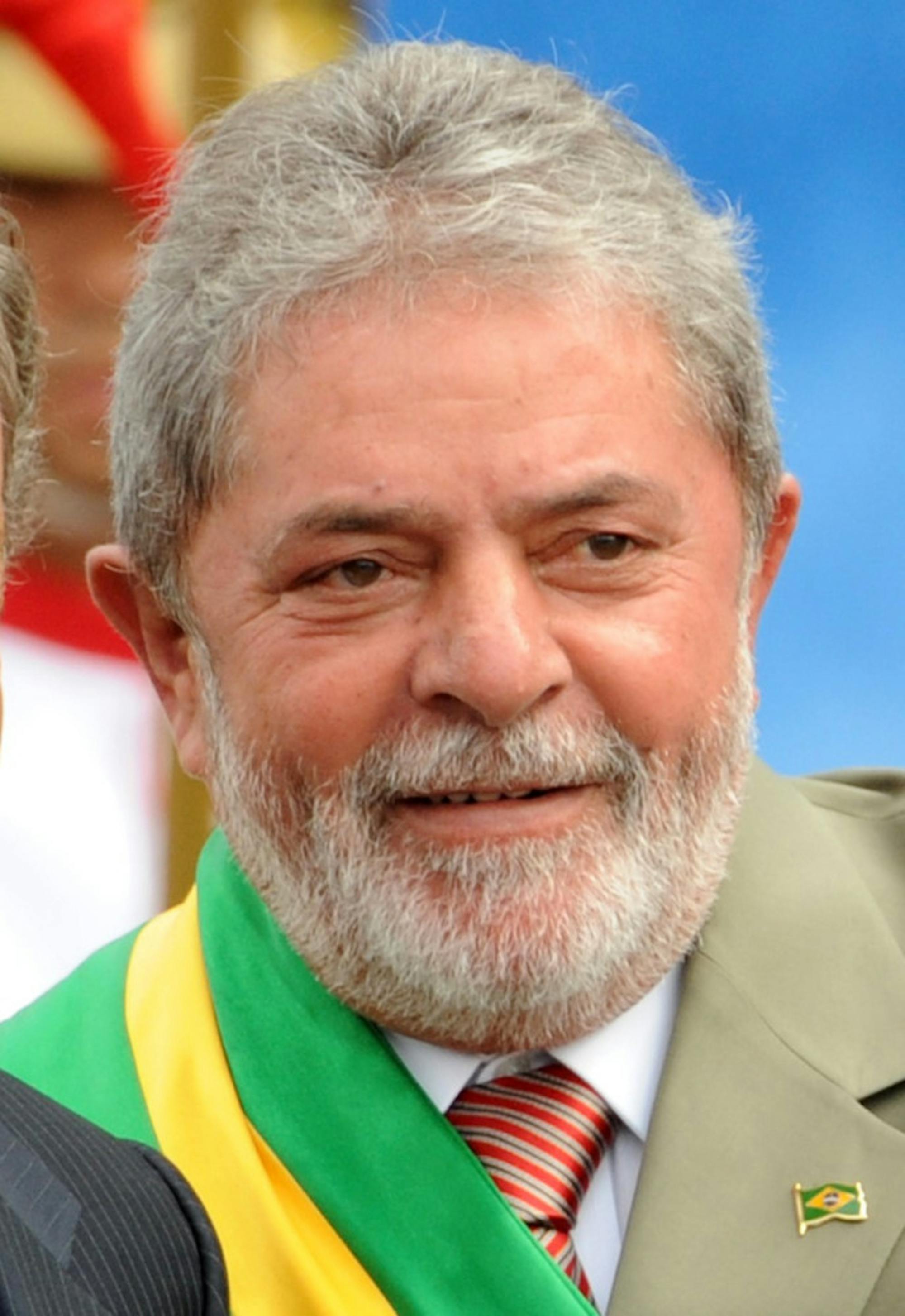As the United States prepares for its elections in about a month, so too does one of its closest South American allies, Brazil. Amid the tension of the United States’ midterm election season, few are thinking of the past presidential election. Yet, Brazil’s current presidential election cycle is eerily reminiscent of the 2020 election in the U.S. Like the United States, Brazil’s election will feature a closely contested race between two major political players, with one seeking to oust an incumbent. Perhaps more importantly, there’s just as much political leverage at stake.
On Oct. 2, Brazil held its presidential election. The biggest vote-getters were Luiz Inácio Lula da Silva (commonly referred to as “Lula”) of the Workers’ Party, with 48.4% of the vote and incumbent Jair Bolsonaro of the conservative-leaning Liberal Party, with 43.2%. Because Lula missed the 50% vote margin to win the election in the first stage, the election will require a runoff, scheduled for Oct. 30. Of course, Bolsonaro’s gap is significant, but not insurmountable.
Most significant when discussing the prospect of re-election is Bolsonaro’s ideology, and how it compares to that of Lula. Bolsonaro is a populist, which is defined as a stance that attempts to appeal to “the people” to fight against “the elite.” Though populism is not inherently politically skewed, Bolsonaro and many other populists tend to have extreme right-wing views. Like former U.S. President Donald Trump, Bolsonaro’s denial of both global warming and COVID-19 has sparked backlash, quickly making him the most polarizing figure in the country.
This isn’t to say he doesn’t have a strong base. Just like how Trump won a surprising victory in 2016 with his “silent majority,” Bolsonaro also vastly outperformed election forecasts. Despite the 5% results gap, and Lula’s proximity to 50%, it is definitely too early to count him out. Unsurprisingly, Bolsonaro has not just been compared to Trump, but has received direct support from him as well.
Of course, Trump lost his own re-election, and Bolsonaro’s bid also faces tough competition. “Lula”, like U.S. President Joe Biden, is a well-established political player, directly opposed to populists like Bolsonaro. Lula served two terms as president, maintaining high levels of popularity. For many, Lula represents a return to a more prosperous and unified nation. However, that’s where the similarities end. Lula represents the Workers’ Party and has a much more leftist platform. While Joe Biden ran on a platform of bipartisanship, Lula has drawn concern for being too left-wing, putting him at even sharper odds with Bolsonaro.
So, what can we expect until the 30th? Bolsonaro anticipates a “marathon,” galvanizing his supporters and reaching new ones. It’s possible that he makes even more strides. But we shouldn’t underestimate Lula’s willingness to engage. With an even more nostalgic base than Biden, he’s taken the step of utilizing some populist tactics to promote his left-wing agenda. While American liberals have been stuck playing defense against their opposition, Lula isn’t afraid to launch rhetorical counterattacks. His success thus far shows that Brazil, another consolidated democracy with hundreds of millions of citizens, has been receptive to left-wing ideology — something the U.S. has struggled with. The extent of this reception will be put to the test in just a few weeks. With Bolsonaro’s status and current control of the presidency, Lula will need to do more than rely on his own legacy.
There is much at stake in this election. Bolsonaro’s climate denialism has incredibly tangible impacts. Under him, deforestation of the Amazon has only continued to increase, while Lula’s platform has adapted to oppose it. Brazil’s regional power and natural resources give it the ability to be a key climate player, ushering in potential cooperation between Lula and Biden in contrast to Trump and Bolsonaro.
Moreover, the defeat of Bolsonaro would be felt around the world. Watching a democratic society reject populism after feeling its effects would certainly make an impression on the new wave of European populist leaders. Furthermore, a potential Bolsonaro defeat would create immense opportunity for the United States and Brazil to cooperate. In particular, Brazil’s support is necessary for the U.S.' South American agenda of advancing climate initiatives and growing economic ties in the region past Chinese influence.
However, if Bolsonaro were to build on his previous success and win re-election, it puts any potential for progress in the country at stake. As Brazil grapples with this contentious election, the U.S. must reflect on its own similar troubles and work for progress in both countries. Only then can this progress be extended across the region, and across the world.






